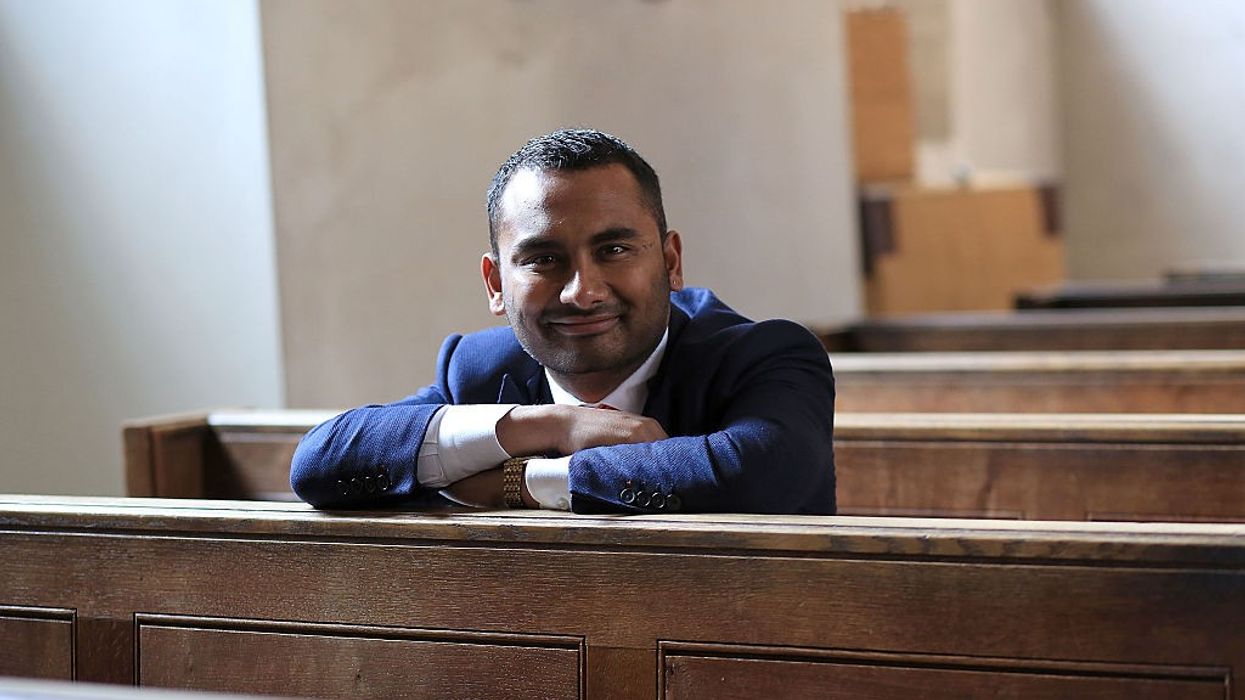BBC presenter Amol Rajan has slammed the BBC for being ‘too posh’, having ‘accent bias’ and not recruiting presenters with ‘working-class’ voices.
Rajan recently commissioned research which showed 70 per cent of newsreaders across the four main UK broadcasters, BBC, ITV, Channel 4 and Sky, speak with Received Pronunciation (RP), an accent traditionally regarded as standard for British English.
Speaking during an interview at a Royal Television Society conference, the Radio 4 host questioned BBC director-general Tim Davie if a newsreader with a 'strong regional working class accent' be given an opportunity go on air.
Davie said "Of course."
Davie assured that the situation would change as the BBC is committed to improve the socio-economic diversity of its workforce.
“There are a couple of things happening. I’ve pushed £700 million of spending outside the M25. It’s changing the BBC. There is a new Radio 1 strand out of Salford. [BBC One daytime show] Morning Live is coming out of Salford. It’s going to happen. I’m absolutely revving on it. The critical thing is that you don’t get a sniff of that slightly patronising ‘London is where the best output comes from’ [attitude]. It’s nonsense," Davie was quoted as saying by The Telegraph.
The target of the BBC is to recruit 25 per cent of the staff from lower socio-economic backgrounds by 2027.
During the interview, Davie said that he wants to end the belief that London is where the best TV comes from as the notion is 'patronising'.
Rajan, 39, joined the BBC as media editor in 2016. Currently, he is one of the most high-profile presenters at the broadcaster. Earlier, he had argued against modifying the working-class accent.
He was born in Kolkata and arrived in the UK when he was three years old. Prior to joining the BBC, he spent just under three years as editor of The Independent and was for many years a columnist for the Evening Standard and a restaurant critic for The Independent on Sunday.
In August 2022, it was announced that Rajan will take over from Jeremy Paxman as the host of University Challenge from autumn 2023 onwards.





